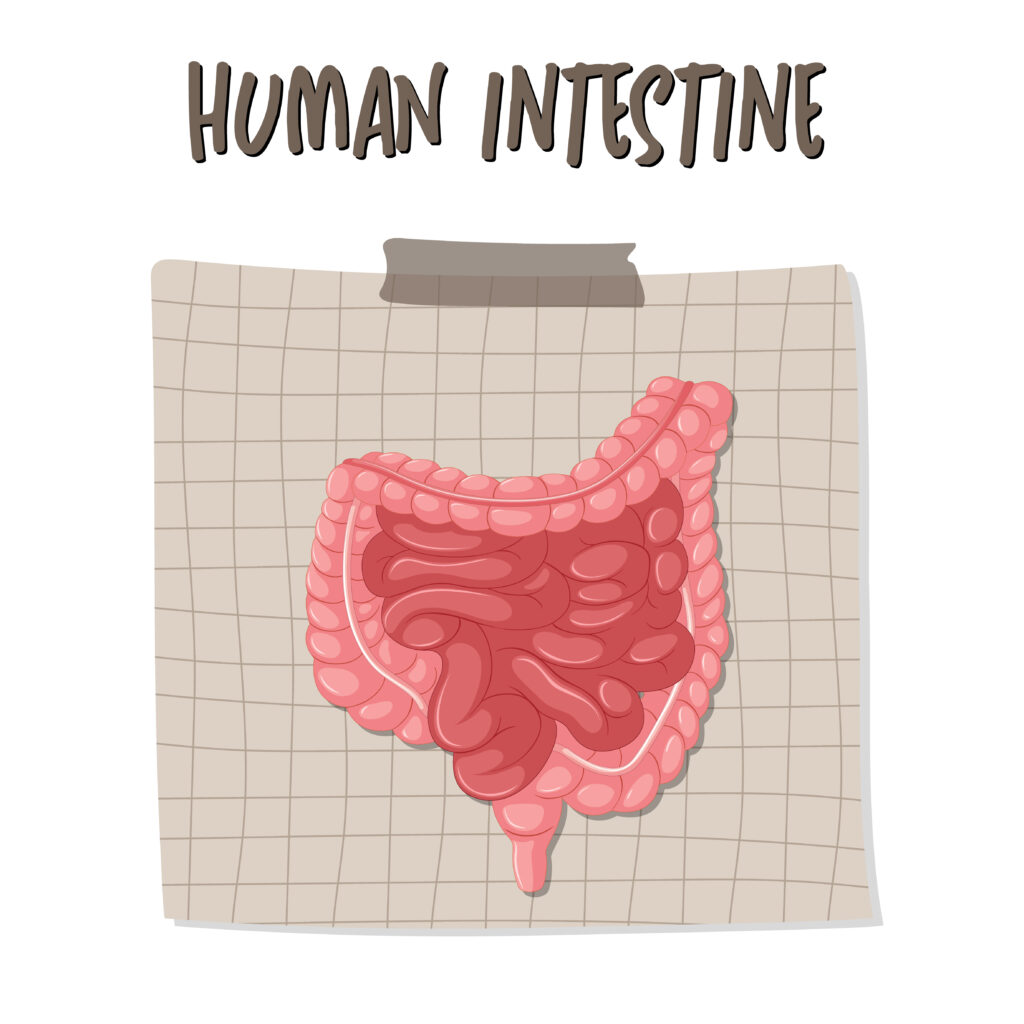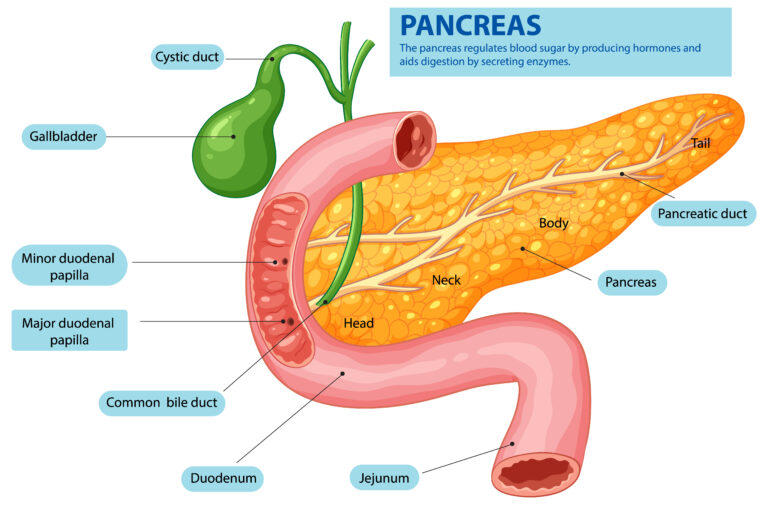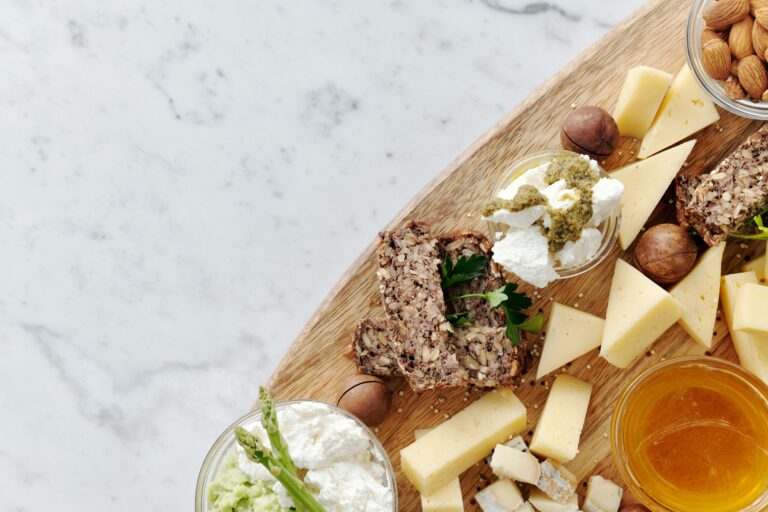Discover effective natural remedies and lifestyle changes to help manage and prevent painful diverticulitis flare-ups. Our comprehensive guide covers diet, supplements, and holistic approaches for long-term digestive health.

Introduction:
Diverticulitis is a common digestive condition that can cause debilitating flare-ups of abdominal pain, bloating, and changes in bowel habits. While conventional treatments are often necessary, many people are looking for more natural ways to manage their symptoms and prevent future episodes.
In this article, we’ll explore a holistic approach to managing diverticulitis flare-ups, covering diet, supplements, and lifestyle modifications that can provide relief and support long-term digestive health. Whether you’re dealing with your first flare-up or looking to take a more proactive approach, this guide will equip you with the knowledge and strategies to tackle diverticulitis naturally.
Managing Flare-Ups with Diet
The importance of a high-fiber, low-inflammation diet during a flare-up
- Diverticulitis flare-ups can be exacerbated by an inflammatory diet high in processed foods, red meat, and dairy. Transitioning to a high-fiber, low-inflammation diet is crucial for managing symptoms and promoting healing.
- Fiber helps to regulate bowel movements, reduce pressure on the diverticula, and prevent further inflammation. A fiber-rich diet is essential during a flare-up.
Foods to focus on (e.g., cooked vegetables, whole grains, lean proteins)
- Cooked vegetables: Focus on easily digestible, non-irritating veggies like spinach, carrots, green beans, and squash. Avoid raw, cruciferous vegetables that may aggravate symptoms.
- Whole grains: Opt for gentle, soluble fiber sources like oats, brown rice, and whole wheat bread or pasta. These can help add bulk to stool without further irritating the digestive tract.
- Lean proteins: Choose lean, easy-to-digest protein sources like chicken, turkey, fish, and tofu. Avoid high-fat or fried meats.
Foods to avoid (e.g., processed foods, red meat, dairy) - Processed foods: Steer clear of foods high in unhealthy fats, refined carbs, and additives, which can worsen inflammation.
- Red meat: The high fat and protein content in red meat can be difficult to digest during a flare-up.
- Dairy products: Lactose intolerance is common during diverticulitis episodes, so it’s best to avoid milk, cheese, and other dairy.
Hydration and the role of fluids in managing symptoms
- Staying hydrated is essential for softening stool and preventing constipation, which can exacerbate diverticulitis symptoms.
- Aim for at least 8 cups of fluid per day, focusing on water, broths, and herbal teas. Avoid caffeinated and alcoholic beverages, as they can be dehydrating.
- Proper hydration can help flush out toxins, reduce inflammation, and promote overall digestive health during a flare-up.
By following a high-fiber, low-inflammation diet and staying well-hydrated, you can effectively manage diverticulitis flare-ups and promote healing from the inside out.
Natural Supplements for Diverticulitis
Probiotics and their impact on gut health
- Probiotics are beneficial bacteria that can help restore balance to the gut microbiome, which is often disrupted during diverticulitis flare-ups.
- Probiotic strains like Lactobacillus and Bifidobacterium have been shown to reduce inflammation, improve digestion, and support overall gut health.
- Incorporating probiotic-rich foods like yogurt, kefir, and fermented vegetables, or taking a high-quality probiotic supplement, can be highly beneficial during and after a diverticulitis episode.
Anti-inflammatory herbs and spices (e.g., turmeric, ginger)
- Certain herbs and spices possess potent anti-inflammatory properties that can help reduce the severity of diverticulitis symptoms.
- Turmeric, with its active compound curcumin, is a powerful natural anti-inflammatory that can help calm digestive tract inflammation.
- Ginger is another versatile herb that can aid digestion, reduce bloating, and provide relief for abdominal pain associated with diverticulitis.
- These natural remedies can be consumed fresh, in supplement form, or incorporated into meals and teas.
Fiber supplements to promote regular bowel movements
- Fiber is essential for maintaining healthy digestion and preventing constipation, which can exacerbate diverticulitis.
- Soluble fiber supplements like psyllium husk, methylcellulose, or partially hydrolyzed guar gum can help add bulk to stool and regulate bowel function.
- These supplements can be particularly helpful during a flare-up when dietary fiber intake may be limited.
Digestive enzymes to aid nutrient absorption
- Digestive enzymes, such as those containing amylase, lipase, and protease, can help break down food more effectively, improving nutrient absorption and reducing strain on the digestive system.
- This can be beneficial for individuals with diverticulitis, as malabsorption and nutrient deficiencies are common due to the inflammatory nature of the condition.
- Digestive enzyme supplements may be especially helpful when transitioning to a more fiber-rich diet during a flare-up.
By incorporating these natural supplements into your diverticulitis management plan, you can support your gut health, reduce inflammation, and promote better digestion and regularity – all of which can contribute to the prevention and management of diverticulitis flare-ups.
Lifestyle Modifications for Long-Term Management
Stress reduction techniques (e.g., meditation, yoga, deep breathing)
- Chronic stress can exacerbate inflammation and disrupt the gut-brain axis, contributing to the development and severity of diverticulitis flare-ups.
- Incorporating stress-reducing practices like meditation, yoga, and deep breathing exercises can help calm the mind, lower inflammation, and promote overall well-being.
- These mindfulness-based techniques can be especially beneficial during times of heightened stress or flare-ups, providing a natural way to manage symptoms and prevent future episodes.
Importance of regular exercise and physical activity
Maintaining an active lifestyle can be highly beneficial for individuals with diverticulitis, as it helps to: 1-Promote regular bowel movements and prevent constipation
2-Reduce inflammation throughout the body
3 Maintain a healthy weight, which lessens pressure on the digestive system.
Gentle exercises like walking, swimming, or low-impact activities are often well-tolerated during flare-ups, while more intense workouts may be better suited for periods of remission.
Good sleep habits and their connection to gut health
Establishing a consistent sleep routine, practicing good sleep hygiene (e.g., limiting screen time before bed, creating a cool, dark environment), and aiming for 7-9 hours of sleep per night can all contribute to better digestive health and the prevention of diverticulitis flare-ups.
Maintaining a healthy weight to reduce pressure on the digestive system
Excess weight can put additional strain on the digestive system, potentially exacerbating diverticulitis symptoms and increasing the risk of developing the condition.
Achieving and maintaining a healthy body weight through a balanced diet and regular physical activity can help alleviate pressure on the diverticula and promote overall digestive function.
For individuals struggling with diverticulitis, gradual, sustainable weight loss under the guidance of a healthcare professional may be a beneficial long-term management strategy.
Preventing Future Flare-Ups
Identifying and addressing potential triggers
Understanding your individual triggers is the first step in preventing future diverticulitis flare-ups.
Common triggers may include specific foods, stress, lack of exercise, or disruptions to your sleep and daily routine.
Pay close attention to your body’s response to different factors and keep a journal to help identify any patterns or consistent triggers.
Developing a personalized prevention plan
Based on your identified triggers and overall health profile, work with your healthcare provider to develop a comprehensive prevention plan.
This may involve dietary modifications, stress management techniques, an exercise regimen, and incorporating natural supplements as needed.
Regularly reviewing and adjusting your prevention plan can help you stay proactive in managing your diverticulitis and minimizing the risk of future flare-ups.
The role of regular check-ups and monitoring with a healthcare provider
Maintaining open communication with your gastroenterologist or primary care provider is crucial for long-term diverticulitis management.
Regular check-ups allow your healthcare team to monitor your condition, identify any changes or new concerns, and provide guidance on adjusting your prevention plan as needed.
Your provider may also recommend diagnostic tests, such as colonoscopies or imaging scans, to ensure the ongoing health of your digestive system.
Experts Explore New Approaches to Diverticulitis Management
Incorporating natural remedies into a long-term management strategy
While conventional treatments may be necessary during acute flare-ups, many individuals find that incorporating natural remedies can provide long-term benefits in preventing and managing diverticulitis.
The natural supplements and lifestyle modifications discussed earlier in this guide can be effectively integrated into a comprehensive prevention plan, helping to maintain gut health, reduce inflammation, and support overall digestive function.
By taking a holistic approach and working closely with your healthcare provider, you can find the right balance of natural and conventional therapies to suit your individual needs.
Remember, every person’s journey with diverticulitis is unique, so be patient, stay proactive, and don’t hesitate to reach out to your medical team for guidance and support. With the right prevention plan in place, you can take control of your digestive health and reduce the burden of future flare-ups.
Managing diverticulitis flare-ups can be a challenging and often frustrating experience, but by incorporating natural remedies and making lifestyle adjustments, you can take a proactive approach to your digestive health.
Whether it’s adjusting your diet, incorporating targeted supplements, or making lifestyle changes, the strategies outlined in this guide can help you find relief and prevent future episodes. Remember, every individual is unique, so be sure to consult with your healthcare provider to develop a personalized plan that works best for you. Here’s to a healthier, more comfortable future, free from the burden of diverticulitis flare-ups.




